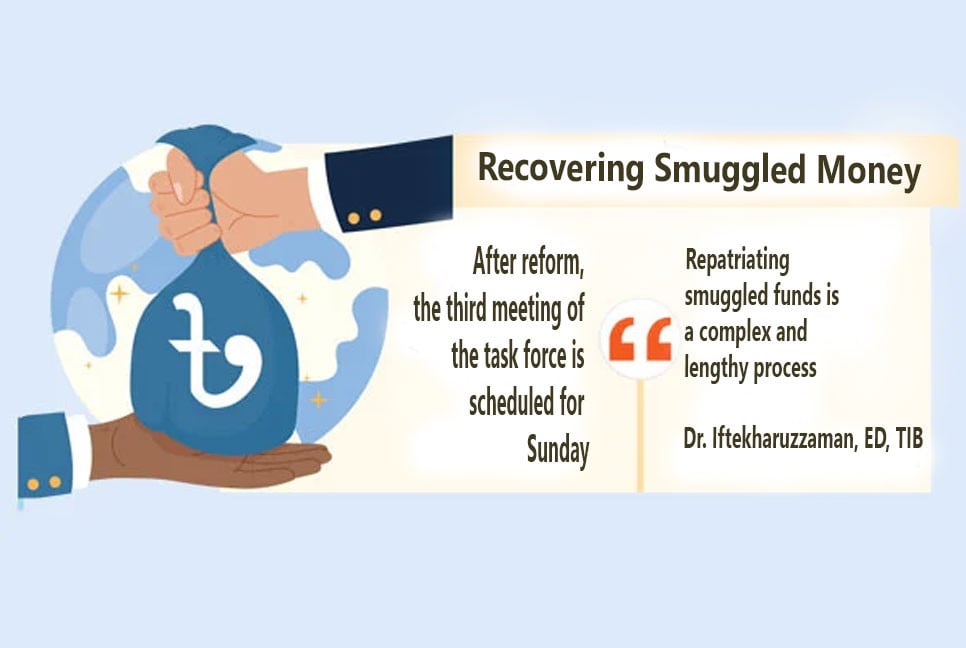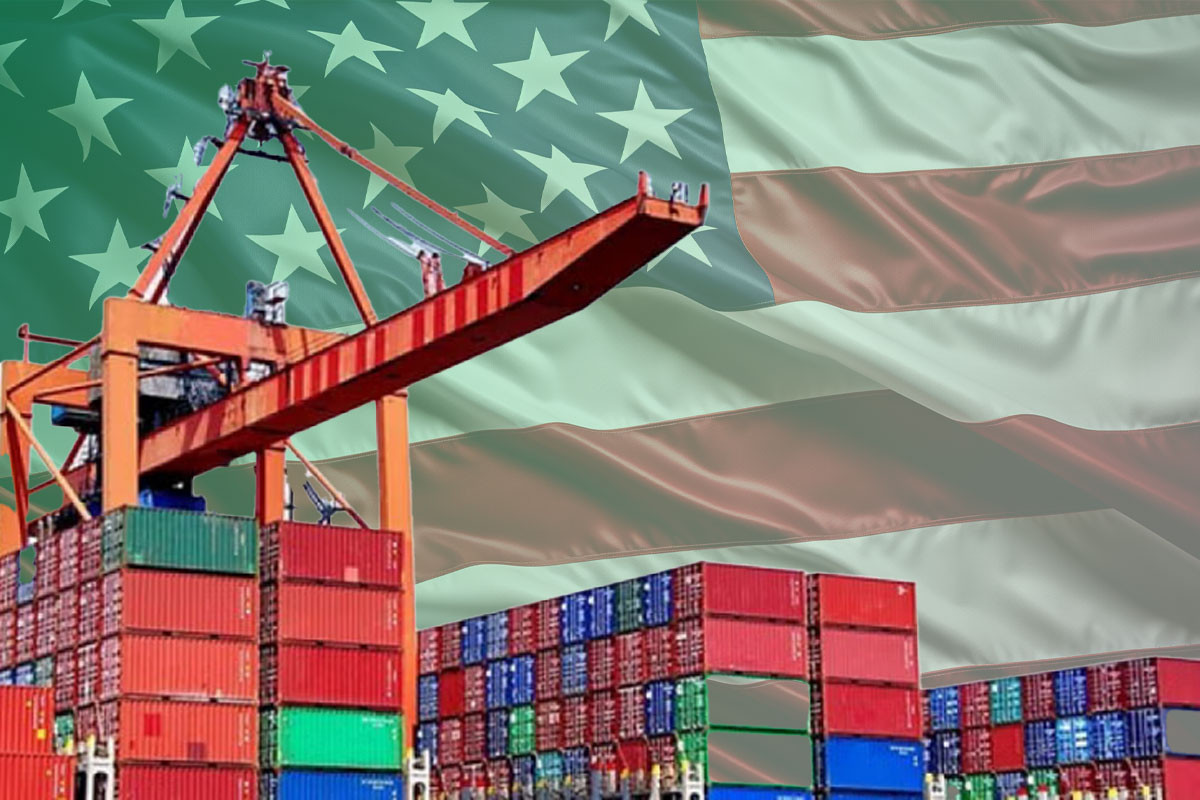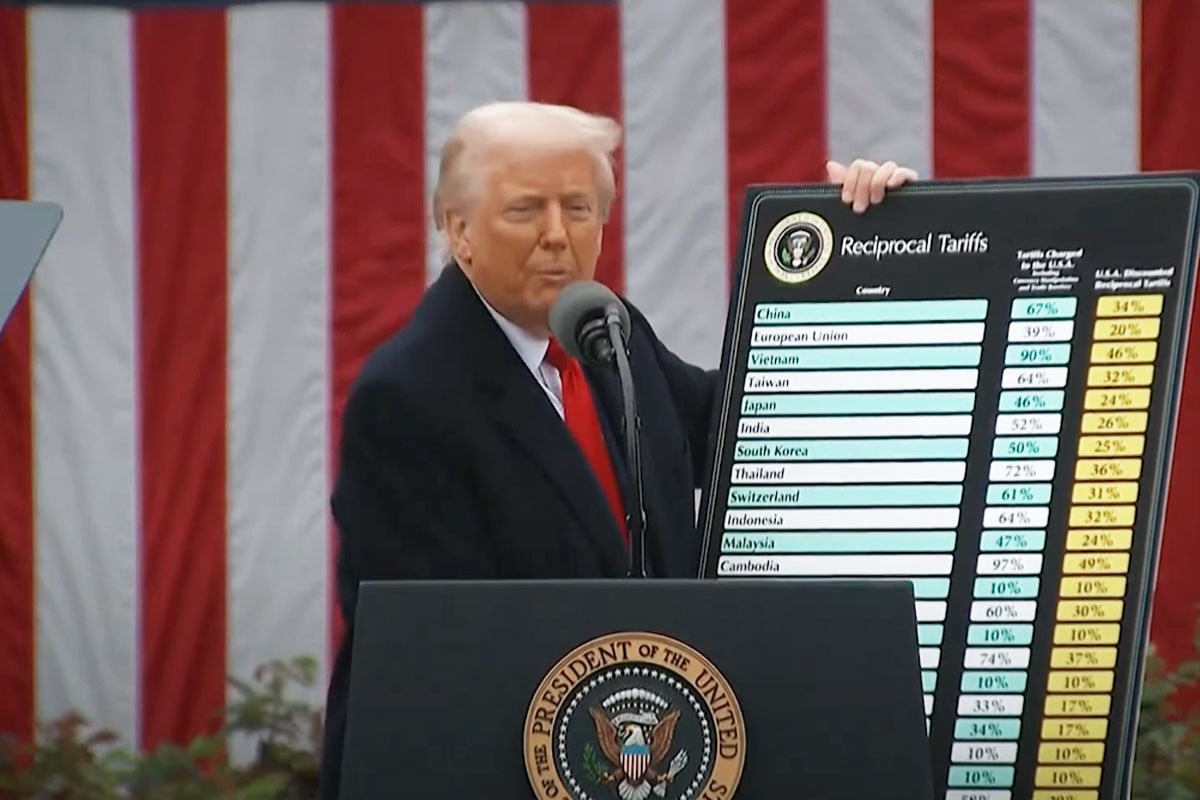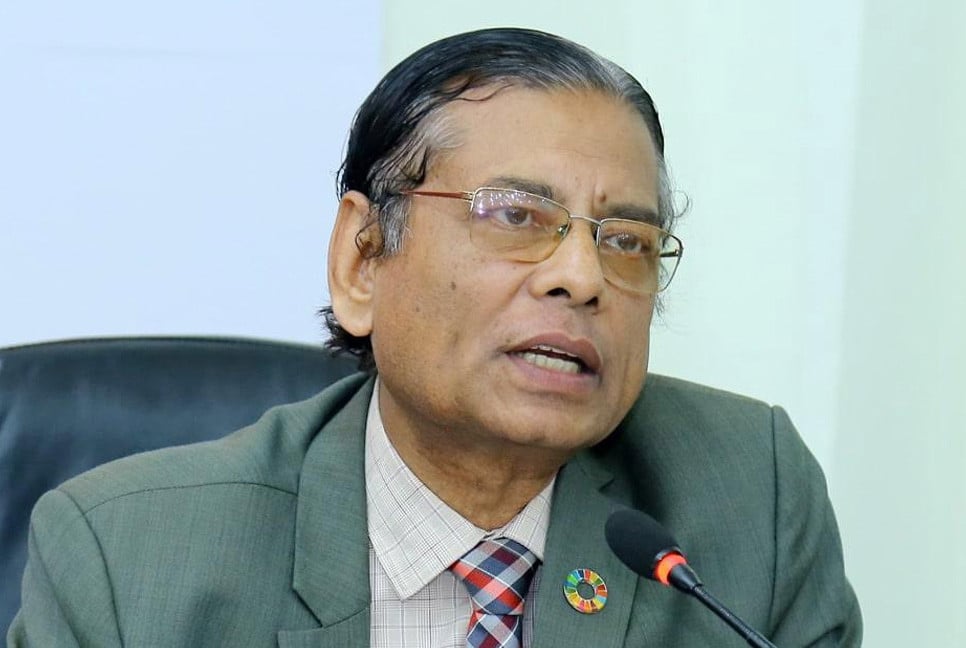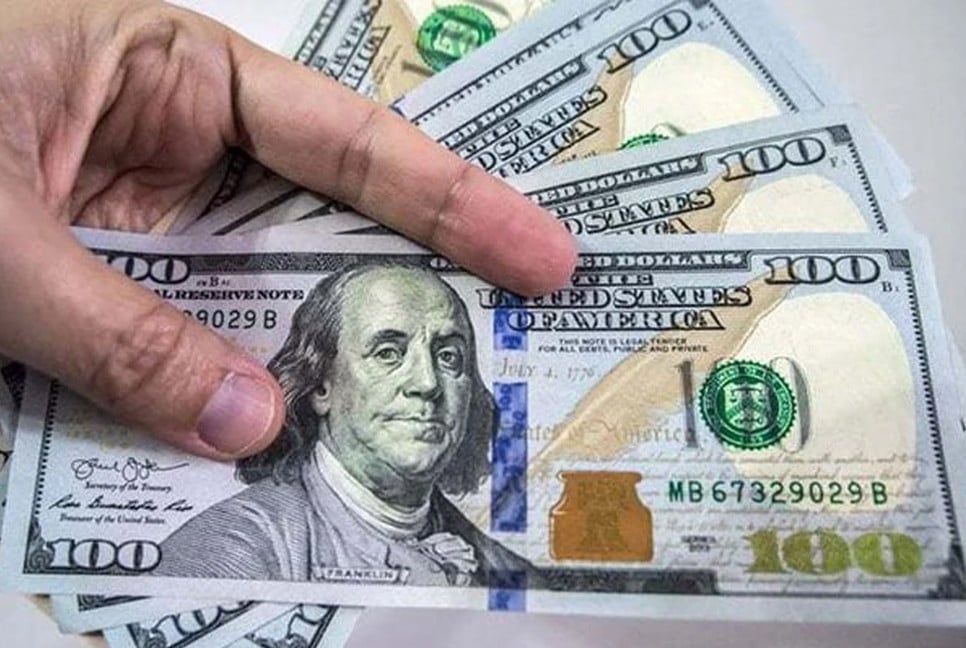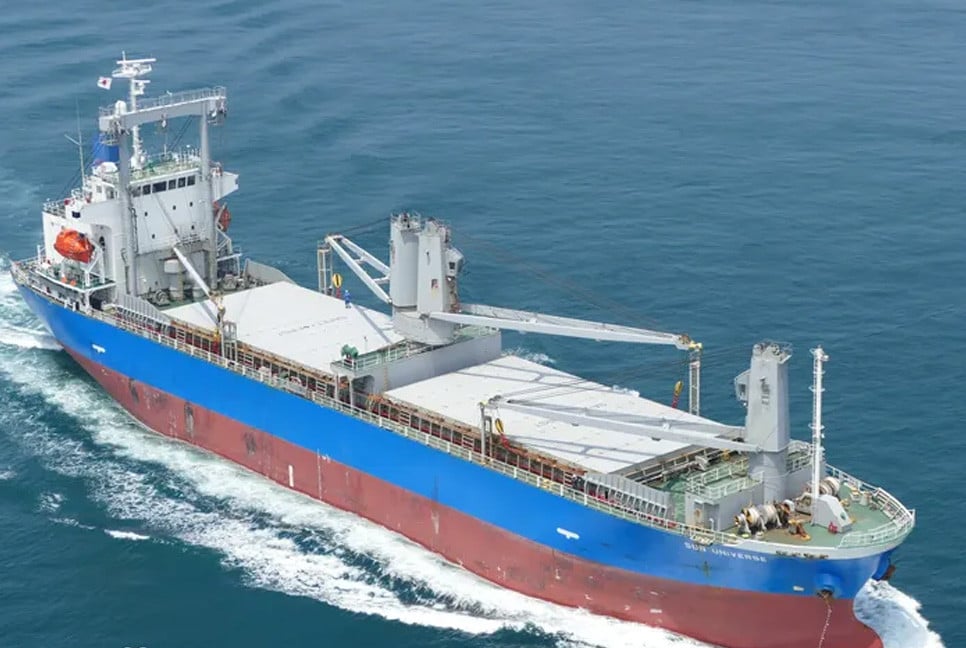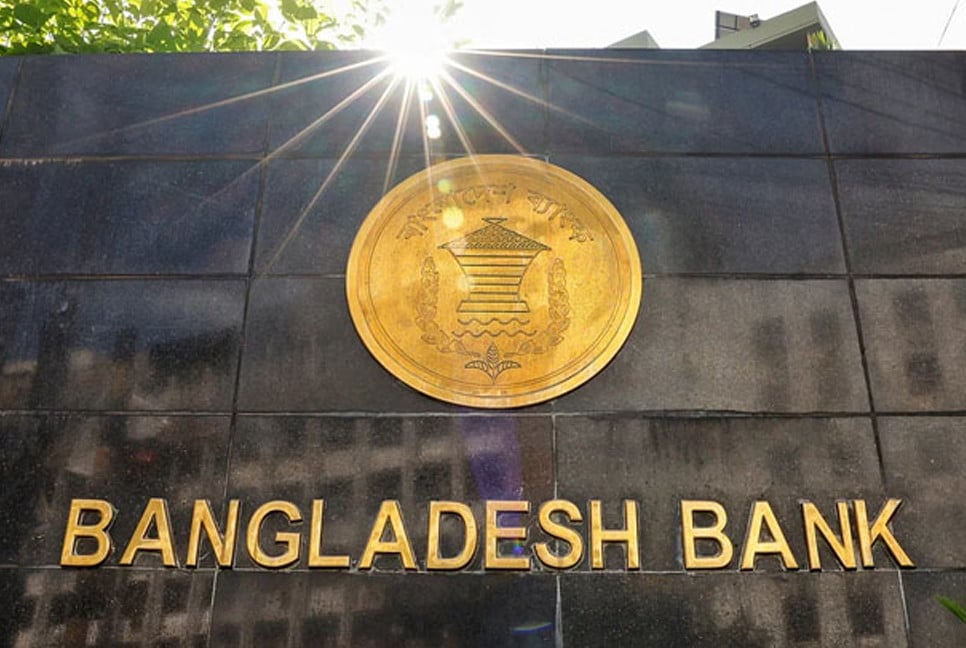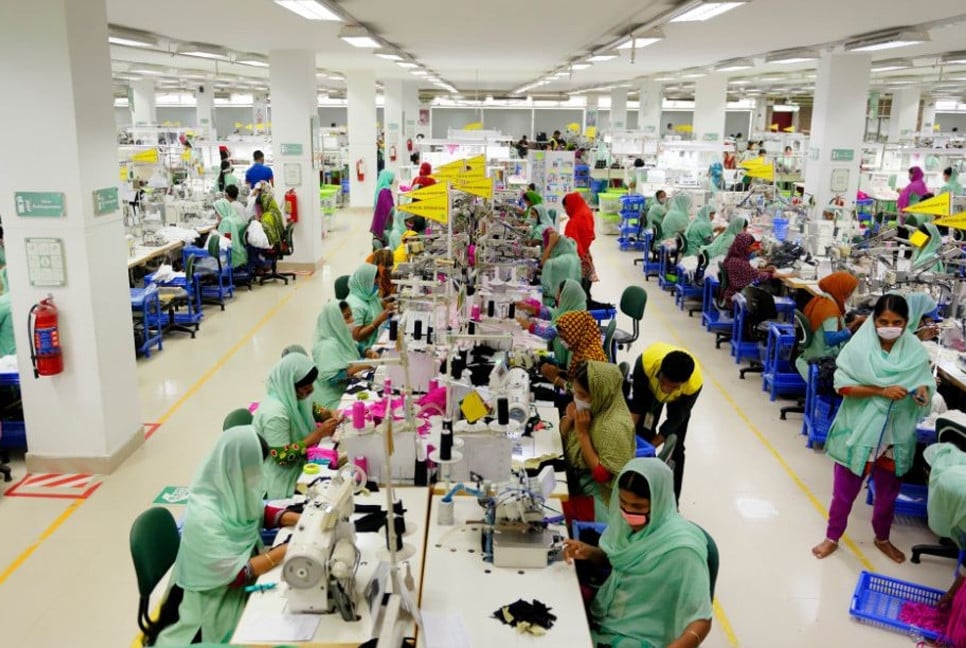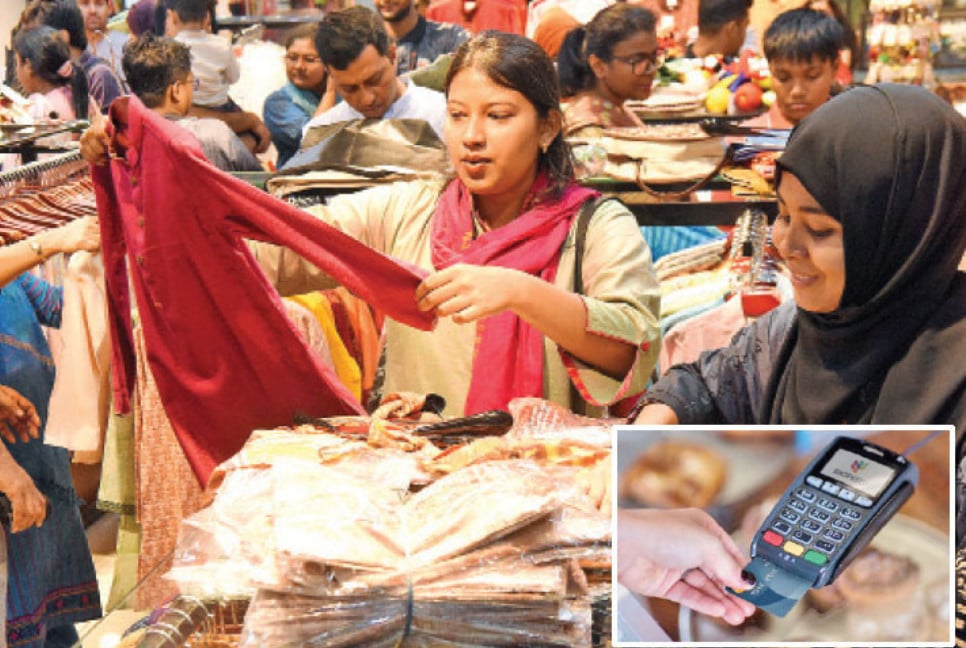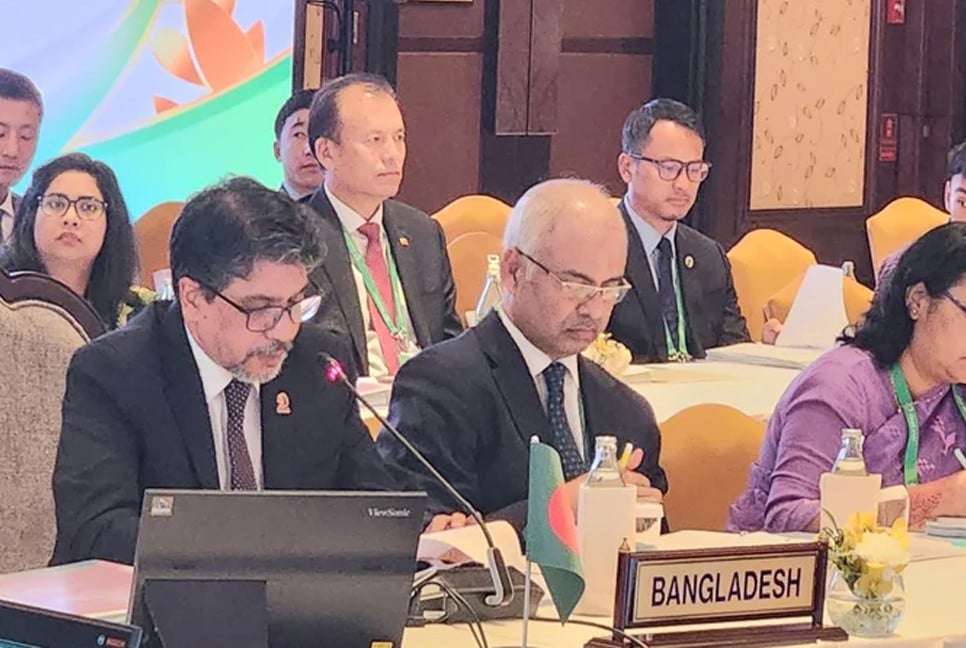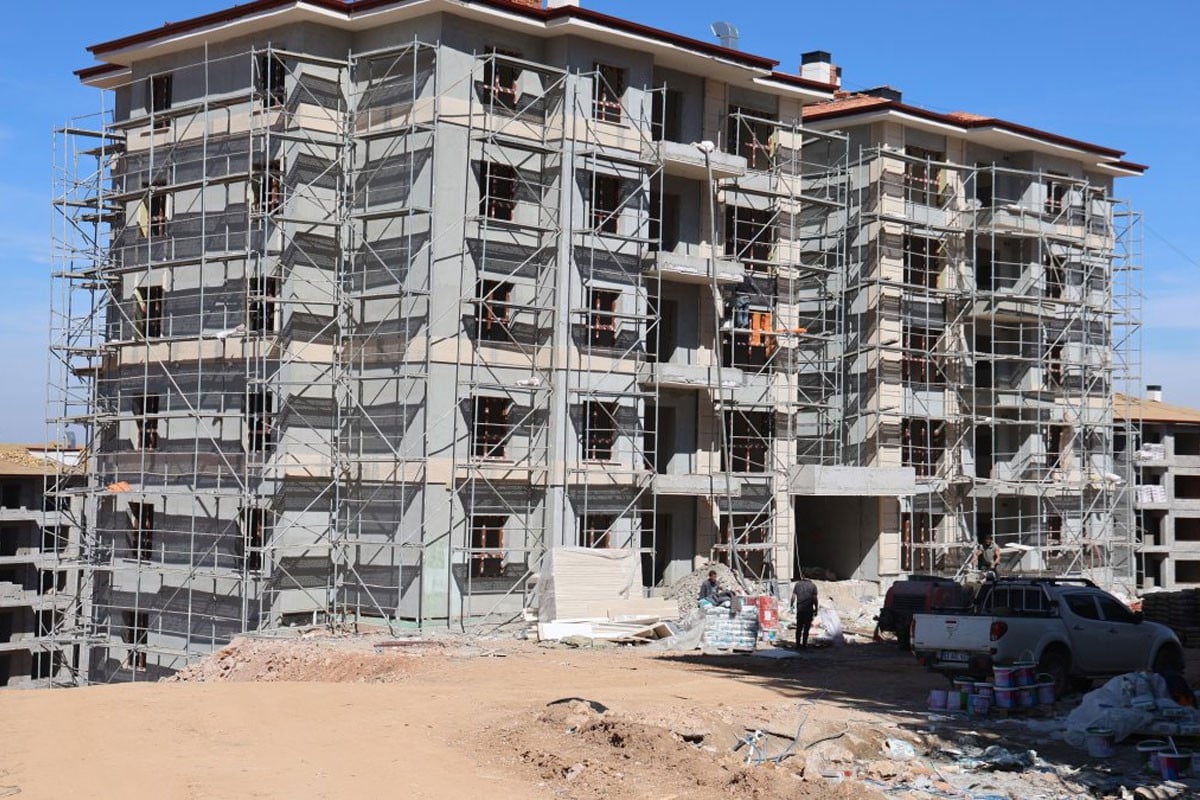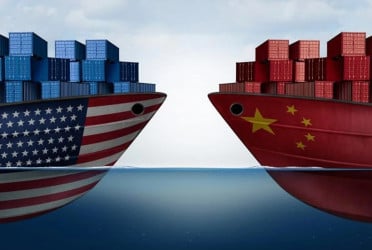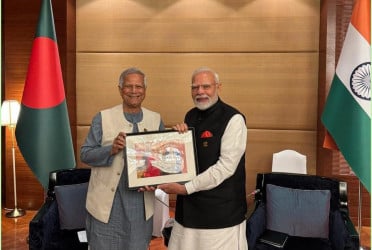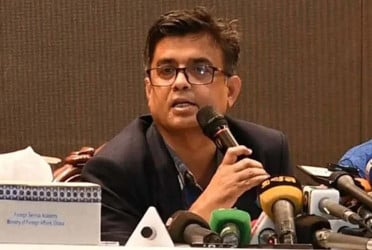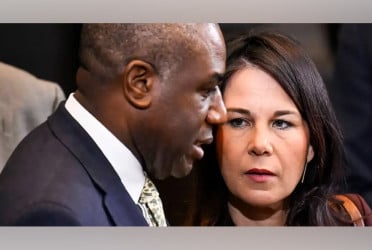Despite widespread calls to recover money smuggled out of the country over the years, progress has been minimal. International organizations such as the World Bank, IMF, GFI, and ADB have publicly pledged support, but tangible results remain elusive. To date, the limited progress made has mainly involved issuing letters and holding meetings without significant outcomes.
After the fall of the fascist Awami League government on August 5, a central task force was reconstituted on September 29 to tackle this issue. Led by the Governor of Bangladesh Bank, the task force has held two meetings so far, with the most recent one on November 19.
The third meeting is scheduled for Sunday at 4 pm at Bangladesh Bank. However, it remains uncertain whether this meeting will result in concrete action or merely further delays.
Earlier, the Awami League government made several statements about efforts to recover smuggled funds, but in reality, not a single taka was returned. Even in the final fiscal year of its third term (2023-24), the government offered an opportunity to repatriate undeclared money from abroad. A 7% tax was imposed to allow these funds to be legally brought back through banking channels and declared in income tax returns. However, this initiative proved ineffective, as no money was returned during the period.
Following the collapse of the Awami League government, an interim administration led by Yunus took office on August 8. Shortly thereafter, reports emerged detailing widespread corruption over the past 16 years, including bribery, embezzlement, unfair practices, looting, and money laundering. It is alleged that billions of taka were stolen and funneled abroad under the guise of development projects.
In response, the interim government established a committee to prepare a white paper, which published an extensive report outlining the financial irregularities, including corruption, looting, and smuggling activities.
At the same time, the government has initiated discussions with international communities to recover the embezzled funds. However, a concrete strategy for these efforts has yet to be finalized. The task of overseeing the recovery process has been entrusted to a newly reformed task force.
The government has been unable to send any official communication to Global Financial Integrity, the world’s largest anti-money laundering organization. Even the Swiss National Bank (SNB), often considered a safe haven for traffickers, has failed to send an official letter.
On September 29, the mandate of the reconstituted task force was extended. While the task force had previously focused on three key areas, its scope has now expanded to six critical priorities. These include identifying money and assets illicitly smuggled out of Bangladesh, addressing barriers to the swift resolution of cases involving the recovery of smuggled assets, and initiating efforts to recover laundered funds from abroad. The task force will also oversee seized or recovered assets, strengthen communication and information-sharing with relevant countries and international organizations, and enhance the capacity of involved parties to recover smuggled assets. Additionally, improving internal coordination will be a key priority to boost the efficiency of asset recovery efforts.
Chief of Police CID Branch and Additional IGP Mohammad Matiur Rahman Sheikh, a member of the task force, told Bangladesh Pratidin, "The task force is actively working, but visible progress may take some time." He added that the third meeting of the task force is scheduled for Sunday at 4 p.m. at Bangladesh Bank.
Sources at Bangladesh Bank revealed that the task force is addressing all potential challenges and obstacles in its efforts to recover laundered funds. A key focus of the upcoming meeting will be finalizing a strategy to tackle these issues. During the meeting, a presentation will be made, providing updates on the task force's progress.
The task force also plans to reach out to the countries where Bangladeshi funds have been laundered, addressing each case individually. To support these efforts, assistance will be sought from the Swiss National Bank, GFI, and the World Bank.
When asked about the issue, Dr. Iftekharuzzaman, Executive Director of the international anti-corruption organization TIB, told Bangladesh Pratidin, "Repatriating smuggled funds is a complex and lengthy process. Cooperation from the country where the funds have been moved is crucial, and a formal trial is necessary. However, with a special government in power and increasing momentum on this issue, there is global support for these efforts. We are optimistic about positive outcomes in the return of these funds. Unfortunately, global statistics on money laundering indicate that only 1 percent of the funds laundered from developing countries have been successfully repatriated."
He added, "The smuggling of funds is not only a failure on our part but also a failure of the countries where the money has ended up." Regarding the task force established to address the issue, Iftekharuzzaman suggested that it should be led by the Attorney General's Office, given that these are legal and judicial matters. He further emphasized the need to reassess the primary responsibility currently assigned to the Governor of Bangladesh Bank.
After Dr. Muhammad Yunus assumed leadership of the current government, a white paper was published outlining the alarming levels of corruption and money laundering during Sheikh Hasina's three consecutive terms. On December 1, the white paper drafting committee submitted the report to Chief Adviser Muhammad Yunus.
The report highlighted significant failures under the previous Awami League government (2009-2023), particularly in curbing the smuggling of an estimated $23.4 billion abroad. At the current exchange rate of Tk 120 per dollar, this amounts to approximately Tk 28 lakh crore. The document revealed that, on average, Tk 1 lakh 80 thousand crore was illicitly smuggled out of the country each year.
According to the white paper and the minutes from the second meeting of the task force, money laundering in Bangladesh has surged at an alarming rate in recent years. It is estimated that at least 3.4 percent of the country’s Gross Domestic Product (GDP) is laundered annually. In the financial year 2023-24, approximately one-fifth of the revenue from exports and expatriate remittances is illicitly laundered. Furthermore, the amount of laundered money is twice as high as the total foreign loans and investments received. Sources have indicated that the task force is receiving full support from the Ministry of External Affairs to recover the smuggled funds.
Translated by Jisan Al Jubair
Bd-pratidin English

